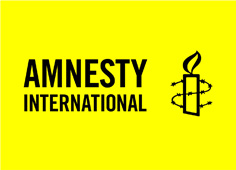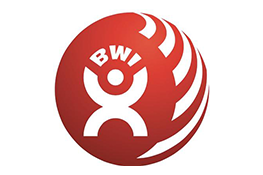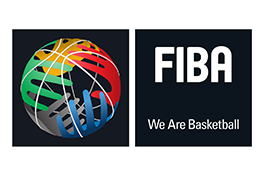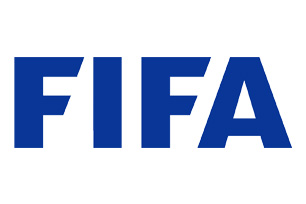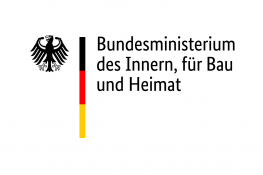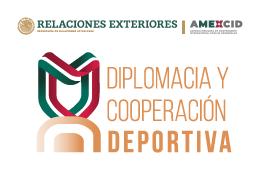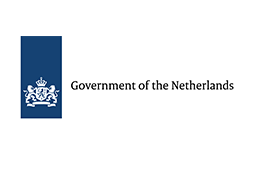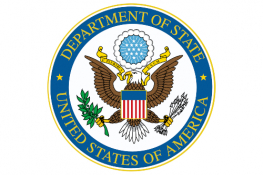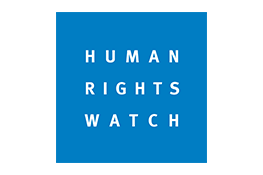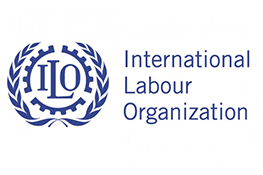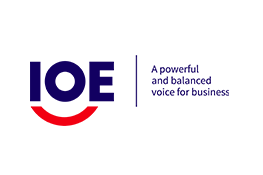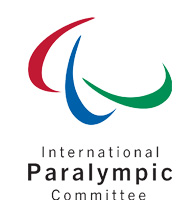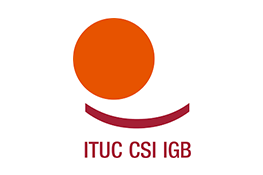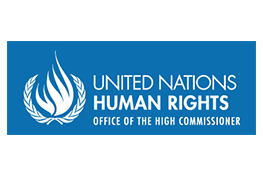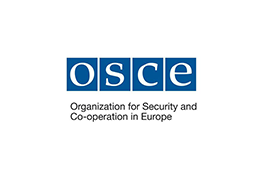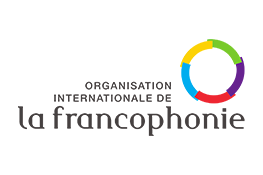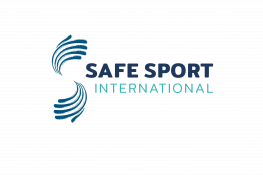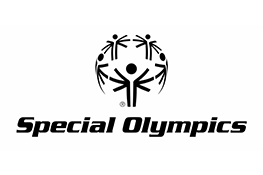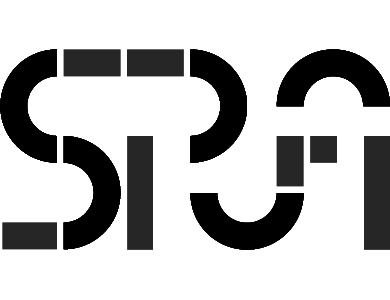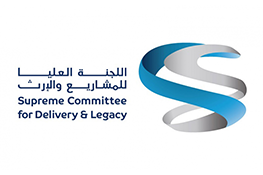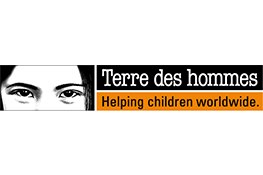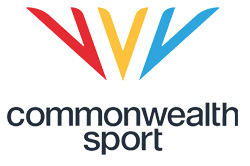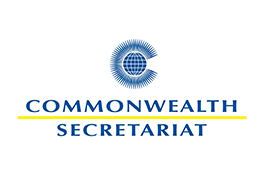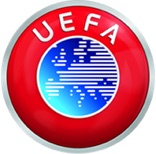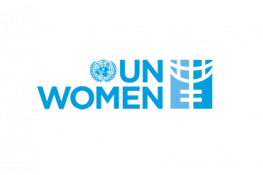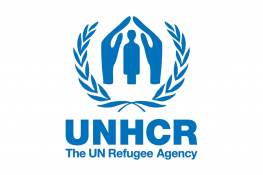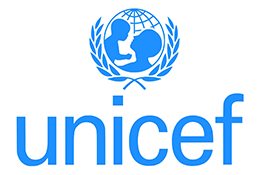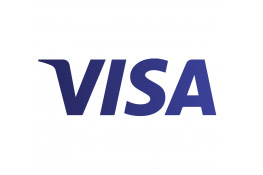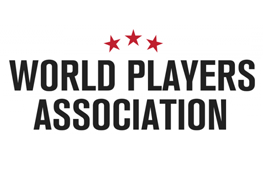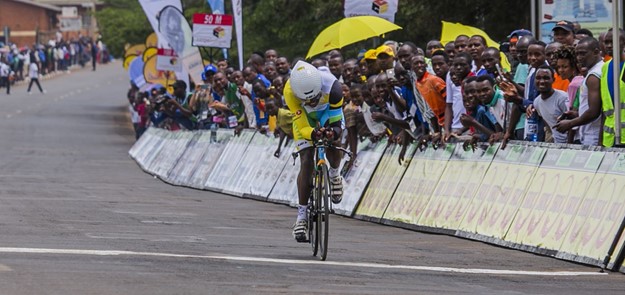
Advancing human rights in sport in Rwanda
Sport has been a strong source of unity for the Rwandan people, and a catalyst for national reconciliation following the 1994 genocidal conflict in the country in which over 800,000 people were killed.
Women and children in particular represent the bulk of survivors, and remain exposed to poverty, but they have also been central to the growth of sport in Rwanda.
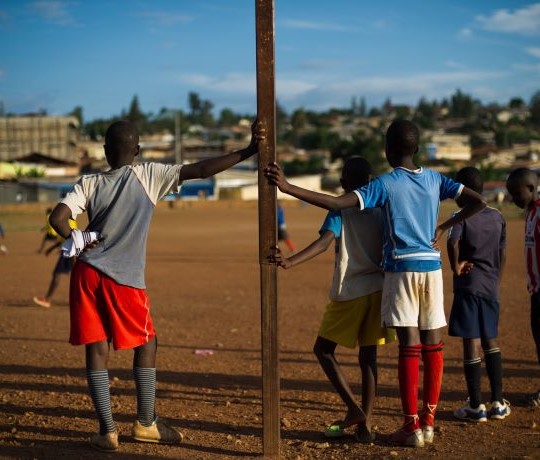
Women’s soccer, for example, was first introduced in the country in 1994 as a way to help survivors cope with trauma. Today Rwanda holds the African record for the number of female football players certified by FIFA. And with 54 percent of Rwanda’s population under 19, there are growing opportunities as well for youth development through sport. But questions remain over what more can be done to ensure respect for human rights in and around sport, not least, how to protect the rights of women and children who participate at all levels.
Rwanda is therefore an ideal test case for how the worlds of sport and human rights could be more closely aligned, creating a model to inform the experiences of countries around the world.
In September 2019, the Commonwealth Games Federation held its General Assembly in Kigali to mark 25 years since the end of the genocide. As part of the event, the Centre for Sport and Human Rights (CSHR) organised a workshop for representatives of all 72 countries and territories of the Commonwealth on the steps needed to integrate human rights due diligence in the planning and delivery of sporting events.
As part of its work in Rwanda, the CSHR team also hosted a workshop with 16 National Human Rights Institutions (NHRIs) from across the Commonwealth. The event was an important opportunity for NHRI representatives - mandated to independently promote and protect human rights in their countries - to build relationships with their counterparts from National Commonwealth Games Associations and for the first time, work together to advance dialogue on how human rights could be protected in and through sport at the national level. CSHR’s CEO and the Rwandan Minister of Sport and Culture also reached an agreement that the Centre would begin working with the National Olympic Committee of Rwanda and the National Commission of Human Rights of Rwanda to engage the country’s sports federations on human rights challenges linked to their activities and how these could be addressed over time.
By bringing NHRIs and sports bodies in the Commonwealth together in this way, CSHR has created a scaleable model of how to work with key actors at the national level to advance the human rights agenda. with Rwanda is uniquely positioned to serve as a leader in Africa for an emerging coalition of organisations and actors dedicated to addressing sport and human rights issues, as part of the wider sustainable development agenda. CSHR is taking lessons learned from Rwanda on issues like gender and youth empowerment—and applying them to other initiatives it is involved with around the world. Ultimately, Rwanda can provide a roadmap for sport as an enabler of sustainable development and human rights across Africa and beyond.


